Catalan vs Spanish - The Main Similarities & Differences
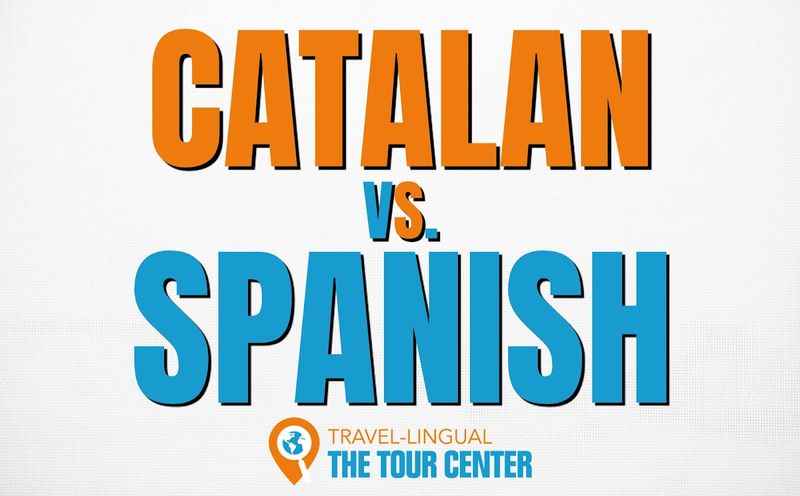
Barcelona is known for its beautiful coastline, unique architecture, and sensational food. Most people know all that, but fewer people are aware that the language spoken most commonly in this part of Spain is not Spanish. It's Catalan.
In general, you'd be forgiven for not knowing this - though maybe not in Barcelona! In this article, we bring you some clarity on the subject, providing you with answers to the most common questions asked about Spanish and Catalan.
First things first, we'd like you to remember the following:
Catalan is a language in Spain, not a dialect of Spanish. What's more, while both Catalan and Spanish originated from Latin, they are not mutually intelligible. They look similar on paper, but Catalan and Spanish possess different sets of grammar rules, lexicon, sounds, and even alphabets.
What You Are About to Learn
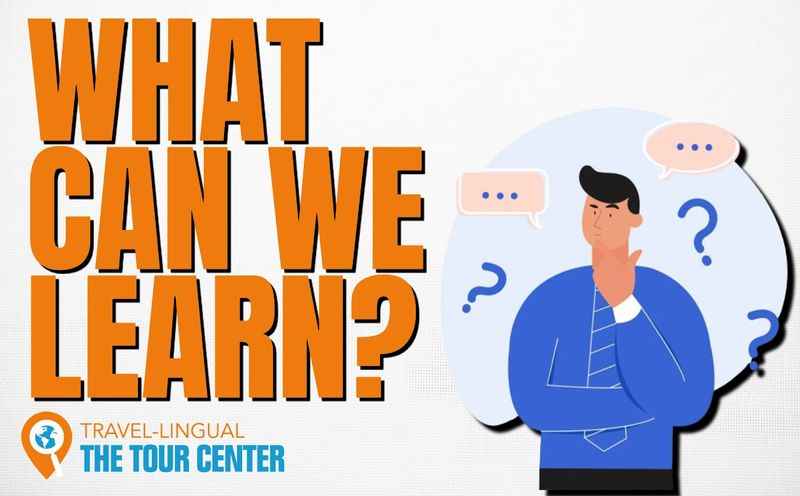
By the end of this article, you'll know all about what we mentioned above. We'll also take you through:
- What both languages sound like
- The main similarities and differences between Catalan and Spanish
- Where Catalan and Spanish are spoken, their origin, and key facts about both languages
One thing before we get started: If you’re serious about learning to speak Spanish or Catalan then you can chat with a native tutor via italki, a site full of language tutors and students. Every Spanish or Catalan learner that signs up here will receive $10, enough for a 1-hour lesson.Tap this link to find out more.
Where is Catalan spoken?
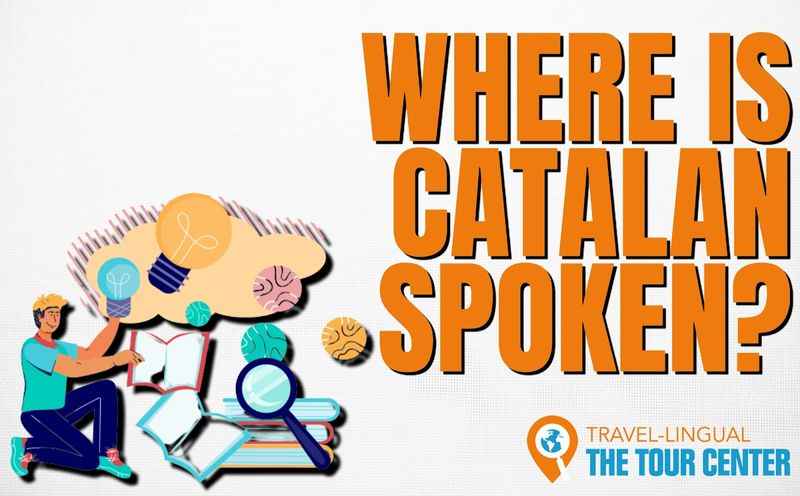
Spain has 17 different autonomous regions that fall under its umbrella. Of these 17 regions, there are three major autonomies where Catalan is common. These areas are Catalonia, Valencia, and the Balearic Islands.
Outside of Spain, Catalan is the official language of Andorra. You will also hear Catalan spoken in some French regions, although it is not an official language of France.
In total, approximately 9.5 million people speak Catalan, whilst 11 million understand it. It is considered a Gallo-Romance language, which means it originated more from France's geographical region.
This makes its origins different from those of the Spanish language, which originated in the Iberian Peninsula.
How Different is Catalan From Spanish?
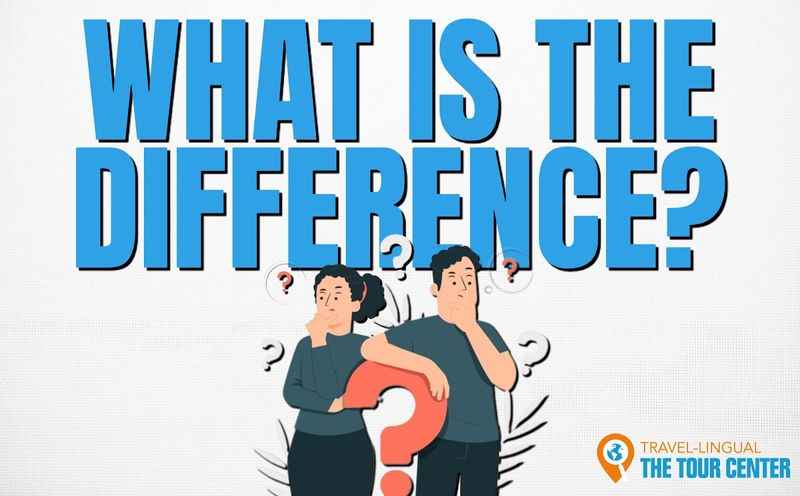
In order to understand the differences between Catalan and Spanish, it is important to look at the history of both languages. The earliest records of Catalan come from the mid-13th century. You can find one of the earliest examples of it in a 13th-century document called Homilies d’Organyà from North Catalonia.
Meanwhile, Castilian Spanish - known in Spanish as castellano, came from what is now Northern and Central Spain and was first written around the same time as Catalan. From around the 8th century, Arabic and Moorish invasions influenced the Spanish language more than Catalan.
In fact, many Spanish words today are written and pronounced similarly to the Arabic words from which they derive. An example of this is al which means "the" in Arabic. Today, more than 8,000 Spanish words begin with al!
Interestingly, when you listen to Catalan, you'll notice its resemblance to French (as well as Spanish). When you take into account the region of Catalonia's proximity to France, it is unsurprising that both languages are so similar. Indeed, Catalonia is separated from France only by the Pyrenees mountains.
Catalan vs Spanish - Linguistic Differences
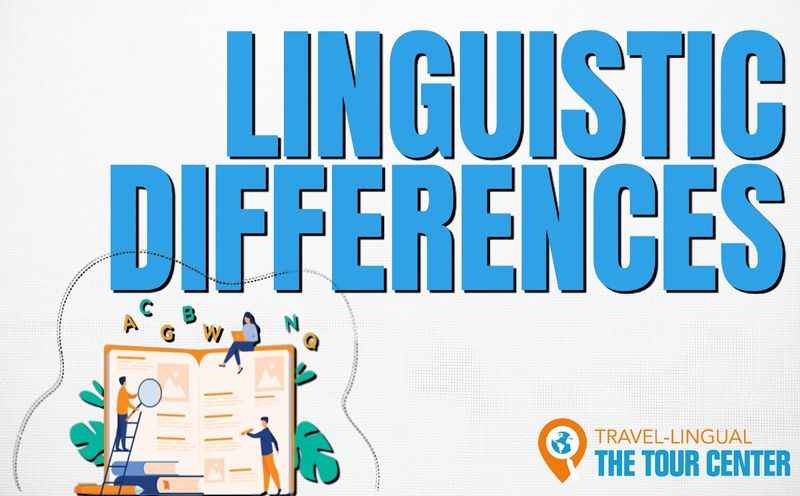
Now that we know the historical origins of both languages, we can see how different they sound. Below are a few key themes that diverge between Catalan and Spanish.
Phonetics
In the context of language, the term "phonetic" refers to a direct correspondence between symbols and sounds. Put more simply, the pronunciation of the language is as written.
Spanish is more phonetic than Catalan, which (typically) makes it easier than Catalan to learn and pronounce for foreign learners.
Linkage
In Spanish, the pronunciation of a word does not usually depend on the word before it.
In Catalan, this is different, with more liaisons between words; we see this in the French language too.
For example, Catalan speakers will pronounce a 'z' sound between a word that ends with 's' and another that begins with a vowel (for instance in the phrase els agrada, which means "they like it_"_).
Vowels and Consonants
Spanish has five vowels: A, E, I, O, U. In comparison, Catalan has seven: À, È, É, Í, Ò, Ó, and Ú. As for constants, Spanish has the letter ñ, while Catalan writes the same noise as "ny".
This is demonstrated in the spelling of "Catalonia" in both languages. In Castilian Spanish, the spelling is Cataluña, whilst in Catalan, it's Catalunya. Additionally, the Catalan language contains a 'z' sound, whilst Spanish does not.
In fact, a 'z' in Spanish is pronounced as an "s" (more typically in Latin America) or as a "th" (more typically in Spain). The placement of consonants can help to distinguish between Catalan and Spanish, too.
In Spanish, vowels are placed between consonants, whilst this is not always the case in Catalan. You're more likely to see a greater variety of consonant combinations in Catalan, such as 'gts' and 'ks.'
Catalan vs Spanish: Language Examples
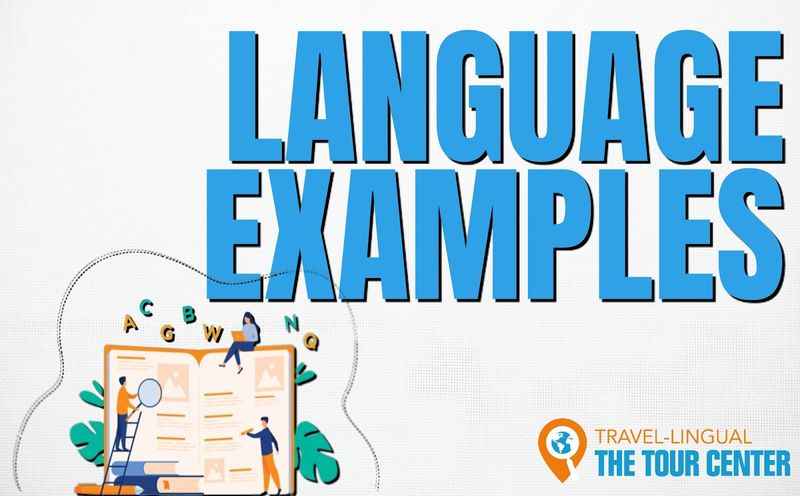
Plenty of words will help you to recognize the main differences between Catalan and Spanish. Some of them are similar because they share the same Latin or Arabic-influenced roots.
Other words are entirely different, as we'll see in translations for strawberry, for example. Here is a list of nouns, verbs, and phrases translated between English, Spanish, and Catalan.
Nouns
Below, you'll notice that Catalan uses the letter 'x' frequently. In Spanish, you can pronounce an 'x' like the English 'ks' sound, or 'h' as in 'hot.' In Catalan, the 'x' __will make a 'sh' __sound instead.
Strawberry: fresa: maduixa.
Car: coche: cotxe.
Cheese: queso: formatge.
You'll notice that the last Catalan word for cheese, formtage, much resembles the French word fromage.
Verbs
To like: gustar: agradar.
To mix: mezclar: barrejar.
To speak: hablar: parlar.
The Catalan word parlar resembles its French verb counterpart parler and Italian's parlare.
The same verb in Spanish, hablar, derives from the Latin word fabulare, which means to chat, converse, or make up a fable.
Medieval Spanish used the _'_f' but likely pronounced it as an 'h', eventually reflecting this in writing. In contrast, the Latin word parlare meant to speak. This root formed the basis for Catalan's parlar.
Phrases
For the following phrases, you'll notice Spanish uses an inverted question mark at the beginning of each question.
Keep in mind that Catalan also uses the inverted symbol, but not for short phrases. For Catalan, you'll only use the symbol if it's in a long sentence.
Hello: Hola: Bon dia.
Thank you: Gracias: Merci.
Can I see the menu?: ¿Puedo ver el menú?: Puc veure el menú?.
How much does this cost?: ¿Cuánto cuesta?: Quant costa això?.
Catalan vs Spanish: Which One Should You Learn?

Overall, both Catalan and Spanish are great languages to have in your repertoire,though Spanish is in wider usage around the world. You will never regret learning more than one language, so why not both?
Although both Catalan and Spanish are different languages, the ability to speak one will help you to learn and understand the other.
If you are planning to visit Latin America or any part of Spain then Castilian Spanish will, undoubtedly, be of greater use to you. About 470 million people speak Spanish as a native language, which makes it the second most spoken language in the world.
However, if you're planning to visit Catalonia, particularly more rural areas, then possessing the ability to speak Catalan could prove to be a great advantage. While both Catalan and Castilian Spanish are the official languages of the region, native Catalonians will appreciate the gesture and are proud of their first language.
For many professions, you will also need to be able to speak Catalan if you plan to live and work in Catalonia. Moreover, knowing Catalan will open doors to understanding Catalan art, literature, and politics.
Finally, remember that when you’re learning any language, you need to be able to dedicate a good amount of time to studying. Often, this comes to us in the most unexpected ways, such as the commute to work with language apps or online with a tutor.
Learn Catalan Online

Are you captivated by the rich culture of Catalonia or planning an exciting trip to the picturesque north and western regions of Spain? Learning Catalan online can be the perfect gateway to immersing yourself in the unique charm of this Gallo-Romance language.
Several language learning platforms like Preply and Rosetta Stone offer comprehensive courses that cater to beginners and intermediate learners alike. These platforms provide interactive lessons, audio resources, and cultural insights to help you grasp Catalan grammar, vocabulary, and pronunciation effectively.
Engaging with native speakers through language exchange platforms or social media communities can further enhance your language skills. Online resources dedicated to speaking Catalan, such as conversation clubs and forums, enable you to practice with fellow language enthusiasts.
Learn Spanish Online

Embark on an exhilarating language journey by learning Spanish online. With the popularity of Spanish as one of the most spoken languages globally, numerous language learning platforms offer an array of courses, catering to different dialects and proficiency levels.
Whether you're interested in European Spanish, Latin American Spanish, or other regional variations, these platforms cover it all. Interactive lessons, audio materials, and pronunciation guides assist you in perfecting your Spanish accent and vocabulary. Duolingo, iTalki, and Spanish Uncovered can help you to widen your Spanish vocabulary.
Social media platforms offer language exchange opportunities, connecting you with native Spanish speakers for real-life practice. This can help you to master your Spanish pronunciation.
When comparing Spanish vs. Catalan, consider your travel plans and the regions you want to explore. Opt for Spanish to communicate across various Latin American countries or embrace Catalan to delve deeper into the enchanting culture of Catalonia.
A native Spanish speaker can also help you to learn more about their culture. Whichever language you choose, online resources make language learning an accessible and enjoyable experience.
Catalan vs Spanish - Which is Better For Travelers?
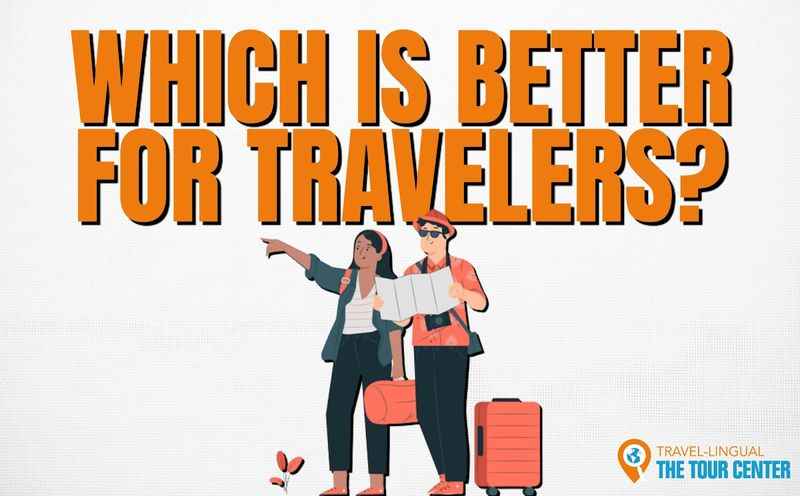
When it comes to travel, the choice between learning Catalan or Spanish depends on your destination and interests. If you're planning to explore the vibrant regions of Spain like Catalonia, Valencia, or the Balearic Islands, learning some Catalan words and phrases can enhance your travel experience.
While many locals in these areas also speak Spanish, making an effort to speak Catalan can earn you appreciation and open doors to deeper cultural connections.
On the other hand, if you have broader travel plans that include Latin America, Spanish becomes the more practical choice. With a basic knowledge of Spanish, you can navigate various countries in Latin America with ease and communicate effectively with locals. It is the dominant language in countries like Mexico, Colombia, Argentina, and more.
Keep in mind that both Catalan and Spanish are Romance languages, sharing similarities with other Romance languages like Italian and French. So, even if you start with Spanish, some aspects of your knowledge may carry over and assist you when encountering related languages in France or among Italian speakers.
In terms of pronunciation, Spanish may be considered somewhat easier for beginners due to its phonetic nature. But, learning Catalan can be a rewarding linguistic challenge, adding depth to your travel experiences in Spain.
Ultimately, both languages have their merits, and your choice depends on the scope of your travel itinerary and the regions you plan to explore. Whether it's the enchanting charm of Catalonia or the diverse landscapes of Latin America, being adept in either Catalan or Spanish will undoubtedly enrich your travel adventures.
List of Countries Where Spanish and Catalan are Spoken
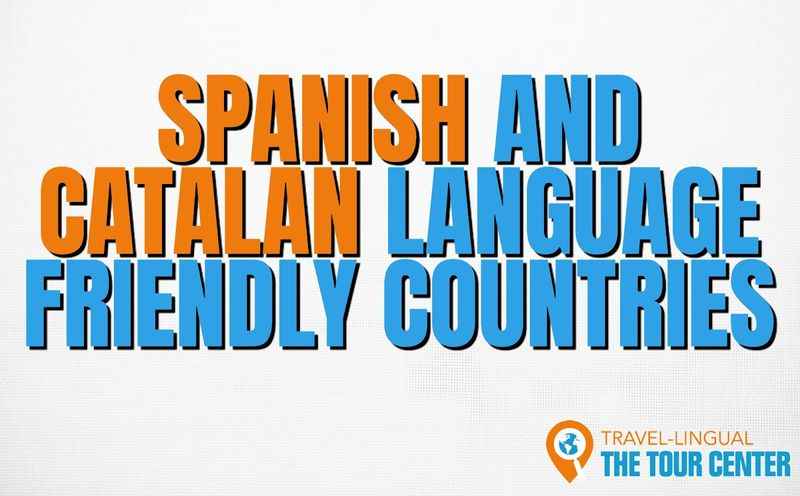
Before we end our journey here is a list of all countries where these two languages are spoken:
- Spain: Spanish is the official language of Spain and is widely spoken throughout the country. Additionally, in regions like Catalonia, Valencia, and the Balearic Islands, Catalan is also spoken.
- Andorra: Catalan is the official language of Andorra, and it is widely used for communication and administration.
- France: While not an official language, Catalan is spoken in some regions of France, particularly in the southern part, near the border with Spain.
- Italy: In some parts of Sardinia, a region in Italy, Catalan is spoken by a small community.
- Argentina: Spanish is the official language of Argentina and is widely spoken throughout the country.
- Mexico: Spanish is the official language of Mexico, and it is the most widely spoken language in the country.
- Colombia: Spanish is the official language of Colombia and is spoken by the majority of the population.
- Chile: Spanish is the official language of Chile and is widely used for communication and business.
- Venezuela: Spanish is the official language of Venezuela, and it is the primary language spoken in the country.
- Peru: Spanish is the official language of Peru and is spoken by the majority of the population.
- Ecuador: Spanish is the official language of Ecuador, and it is widely spoken throughout the country.
- Bolivia: Spanish is one of the official languages of Bolivia, along with other indigenous languages.
- Paraguay: Spanish and Guarani are the official languages of Paraguay, with Spanish being widely spoken.
- Uruguay: Spanish is the official language of Uruguay and is spoken by the majority of the population.
- Dominican Republic: Spanish is the official language of the Dominican Republic and is widely spoken.
- Panama: Spanish is the official language of Panama and is spoken by the majority of the population.
- Costa Rica: Spanish is the official language of Costa Rica and is widely used for communication and education.
- Guatemala: Spanish is the official language of Guatemala, and it is widely spoken throughout the country.
- El Salvador: Spanish is the official language of El Salvador, and it is the most widely spoken language in the country.
- Honduras: Spanish is the official language of Honduras, and it is spoken by the majority of the population.
- Nicaragua: Spanish is the official language of Nicaragua and is widely used for communication and education.
- Cuba: Spanish is the official language of Cuba, and it is the most widely spoken language in the country.
- Puerto Rico: Spanish is the most widely spoken language in Puerto Rico, along with English.
- United States: Spanish is widely spoken in the United States, especially in states with large Hispanic populations.
- Philippines: Spanish was historically spoken in the Philippines during the Spanish colonial period, but it is no longer widely used today.
These are some of the countries where Spanish and Catalan are spoken, either as the official language or as a significant regional language. Each language contributes to the cultural diversity and linguistic richness of these nations.
FAQs About Catalan and Spanish
Now, let's look at some of the most frequently asked questions relating to Spanish and the Catalan language.
Is it true that Spanish speakers are not welcome in Catalonia?
No, it is not true that Spanish speakers are not welcome in Catalonia. While Catalonia has a strong cultural identity, Spanish speakers are generally welcomed, and most locals are bilingual in Catalan and Spanish. Speaking Spanish is widely accepted, especially in urban areas and tourist destinations.
Is learning Catalan grammar easier for native Spanish speakers?
Yes, for native Spanish speakers, learning Catalan grammar can be relatively easier due to shared Latin roots and some linguistic similarities. Knowledge of Spanish can aid in understanding certain aspects of Catalan grammar and accelerate the learning process.
Is the Catalan language more or less difficult than the Spanish language?
The difficulty of learning Catalan compared to Spanish varies for different individuals. While the languages have similarities, Catalan's unique vowel and consonant structures may present challenges. Spanish pronunciation might be easier for beginners due to its phonetic nature.
What are the best online platforms to talk with Catalan speakers?
Some excellent online platforms to connect with Catalan speakers include language exchange websites like Tandem, HelloTalk, and ConversationExchange. Additionally, social media groups and forums focused on language learning can provide opportunities to practice with native Catalan speakers.
Summing Up: Catalan vs Spanish - The Main Similarities & Differences
The comparison between Catalan and Spanish highlights their distinctive features as Romance languages with rich histories and diverse speaker populations.
Catalan, spoken by approximately 9.5 million people in Spain's regions like Catalonia, Valencia, and the Balearic Islands, is a Gallo-Romance language with unique grammar rules and sounds. It also serves as the official language of Andorra and finds some presence in French regions.
Meanwhile, Spanish, with around 470 million speakers worldwide, holds practicality and wide accessibility, making it the second most spoken language globally. Understanding Spanish is advantageous for communication across Latin America and Spain.
While both languages share common Latin roots, each offers unique cultural insights and linguistic richness, contributing to our interconnected global society.







